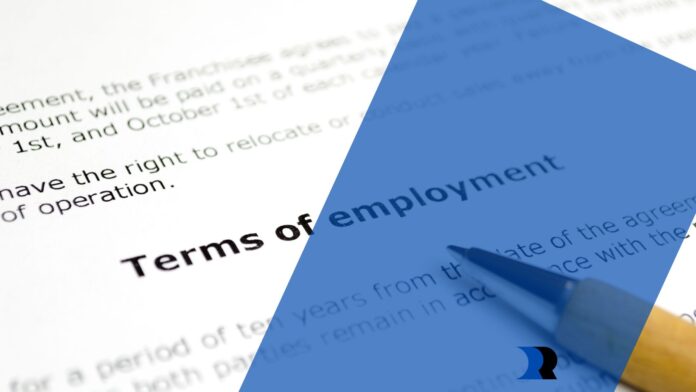In today’s globalized business environment, companies face having to manage complex labor laws that vary from country to country. Failing to comply with these regulations can result in significant legal, financial, and reputational risks. One of the most effective ways to manage global expansion challenges is by partnering with an Employer of Record (EOR), a service provider that helps businesses navigate international employment laws, payroll, and other statutory requirements.
The Complexity of Labor Laws
Employment laws are constantly evolving and can be intricate to navigate, especially for businesses operating in multiple jurisdictions. Countries often have specific regulations regarding wages, employee benefits, working hours, tax contributions, and termination procedures. For companies expanding into new markets, staying compliant with these laws can be overwhelming. Key challenges include:
- Frequent Changes: Employment laws are often updated without much notice, making it difficult for businesses to stay informed and compliant.
- Localization Requirements: Each country enforces its own regulations regarding employee compensation, benefits, and working conditions.
| An global EOR can help businesses remain compliant by staying informed on changes and managing these regulatory complexities on their behalf. |
The Role of an Employer of Record in Ensuring Compliance
An Employer of Record takes on the legal responsibilities of employing workers, handling everything from payroll to ensuring compliance with local labor laws. By providing localized expertise and staying up to date with regulatory changes, EORs allow companies to focus on their core operations. Some of the key roles an EOR plays in navigating labor laws include:
- Legal Compliance Oversight: EORs ensure that employment practices, such as hiring, contracts, and terminations, are aligned with local laws. This includes drafting legally compliant contracts and maintaining proper documentation.
- Payroll and Tax Management: EORs manage payroll, including the calculation of taxes, social contributions, and withholding amounts, ensuring compliance with local tax regulations.

- Immigration and Work Permits: EORs may be able to assist with obtaining work permits and visas, ensuring that employees are legally authorized to work in the country.
- Risk Mitigation: EORs ensure the correct classification of employees to avoid issues such as misclassification of independent contractors, which can result in fines and penalties. They also provide ongoing monitoring of labor law changes, reducing the risk of non-compliance.
Risks of Labor Law Non-Compliance
Non-compliance with labor laws can have severe consequences for businesses, including legal, financial, and operational repercussions. Common reasons for non-compliance include lack of awareness, negligence, and intentional disregard of regulations. Here are some of the key risks associated with labor law non-compliance:
- Legal Consequences: Businesses that violate labor laws may face fines, penalties, and sanctions imposed by government agencies. They could also face lawsuits from employees for issues such as unpaid wages or wrongful termination.
- Financial Costs: Non-compliance can result in hefty fines, legal fees, and increased insurance premiums. These costs can quickly add up, putting a strain on a company’s financial stability.
- Damage to Employee Relations: Non-compliance erodes trust among employees, leading to lower morale, higher turnover rates, and even collective actions such as strikes.

- Business Operations Disruption: Investigations and legal proceedings related to labor law violations can disrupt normal business operations, leading to decreased productivity and reputational damage.
Conclusion
Navigating complex labor laws across different countries can be a daunting task for businesses. An Employer of Record (EOR) provides an efficient and effective solution by handling legal compliance, payroll management, and immigration support. By partnering with an EOR, businesses can address their hiring needs with global recruitment while mitigating the risks associated with labor law non-compliance. This partnership helps protect their reputation and allows them to focus on their core operations. Prioritizing compliance with the help of an EOR is essential for any business looking to operate successfully in a global environment.


